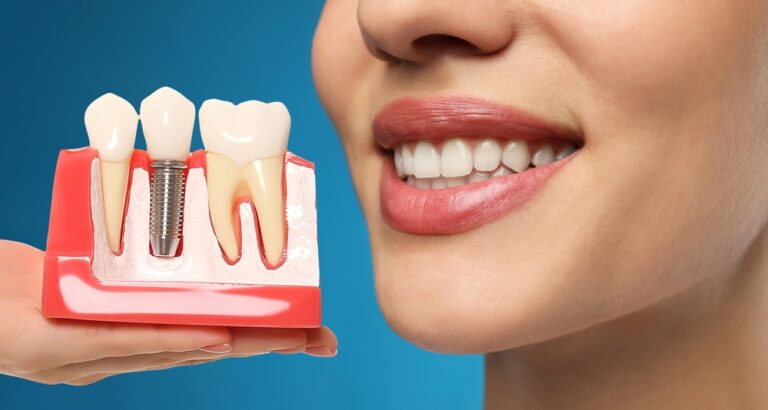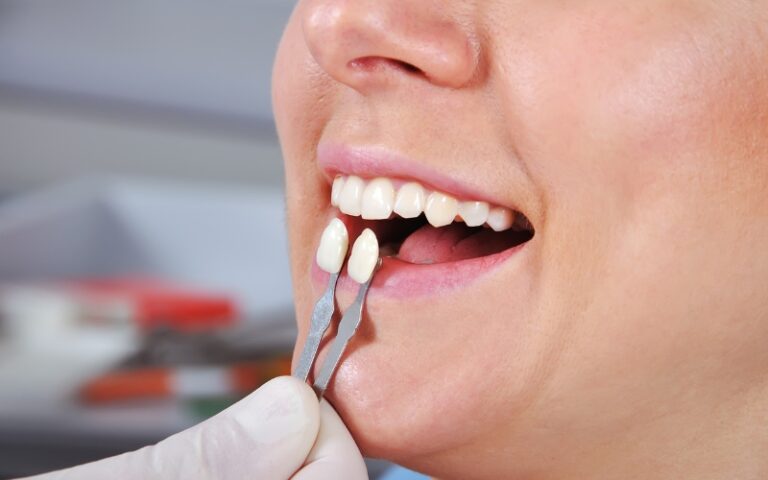
Several thousand individuals in Virginia have dental issues that require a dental implant. It is, however, pertinent to mention that dental implant procedure requires a certain level of expertise and experience. Therefore, you must verify the dentist’s qualifications and experience before undergoing the procedure.
You can expect great results for dental implants and other dental problems with a highly qualified dentist in Leesburg, VA. Moreover, dental crowns can be a little costlier than other options like dentures. Hence, you can also consider discussing payment plans or financing options with your dentist to make the treatment more affordable.
Signs that you need a dental crown
Dental crowns are tooth-shaped caps designed to replace broken, decayed, worn-out, or weak teeth. Dental crowns are also used to cover root canal-treated teeth and dental implants. Dental crowns can be made from different materials and last between five and fifteen years.
The following signs can indicate that you may need a dental crown. However, your dentist will perform a full diagnosis before deciding whether you need one.
- You may need a dental crown to strengthen a weak tooth.
- A dental crown can restore a broken or worn-out tooth.
- A dental crown can support and protect a cracked tooth.
- It can hold dental bridges in place.
- It can cover severely discolored or stained teeth.
- Dental implants are also used to cover dental implants and teeth treated for root canals.
Types of dental crowns
Depending on your condition, your dentist may opt for one of the following dental crowns.
- Metal crown: Metal crowns are made from several metals, such as palladium, gold, chromium, and nickel. They can be highly durable as they do not break or chip and require a minimal amount of enamel removal. Moreover, they can better withstand chewing and biting force.
- Porcelain fused to metal (PFM) crowns: A PFM crown combines the durability of metal with the natural appearance of porcelain that matches the shade of your teeth. However, PFM crowns are at risk of chipping off and may damage the enamel on the opposing tooth.
- Pressed ceramic crowns: A pressed ceramic crown is similar to a PFM crown except that it has a hard inner ceramic core instead of metal. The core is made in an oven by melting and pressing ceramic at a very high temperature.
- All ceramic or porcelain crowns: If you want a crown that matches the shade of your real teeth, then all-ceramic crowns can be a great choice. They are mostly made of zirconium dioxide and are called zirconia crowns, and they are capable of withstanding heavier forces.
- All resin crowns: They are usually the least expensive as they are made for temporary use. They can last for about three to five years. However, they’re fragile and likely to break.
Dental crown procedure
The procedure for installing a dental crown can be as follows.
- The dentist will start by removing some enamel and using filling material to create a strong foundation for the crown.
- The dentist will then take the impression of your teeth, which will be sent to a dental lab to create your custom dental crown.
- The lab may take a few weeks to make your crown, so the dentist will install a temporary crown.
- Once your dental crown is ready, the dentist will remove the temporary crown and check the color, shape, and fit of your dental crown.
Finally, the dentist will use dental cement to bond the new crown to your tooth. Once the procedure is over, the dentist will provide instructions on caring for the crown so that it lasts longer and works properly.
Final takeaway
A dental crown is an excellent choice for those who seek a permanent solution for replacing a decayed or damaged tooth. It can restore your chewing and biting capabilities, allowing you to enjoy restored oral health.



